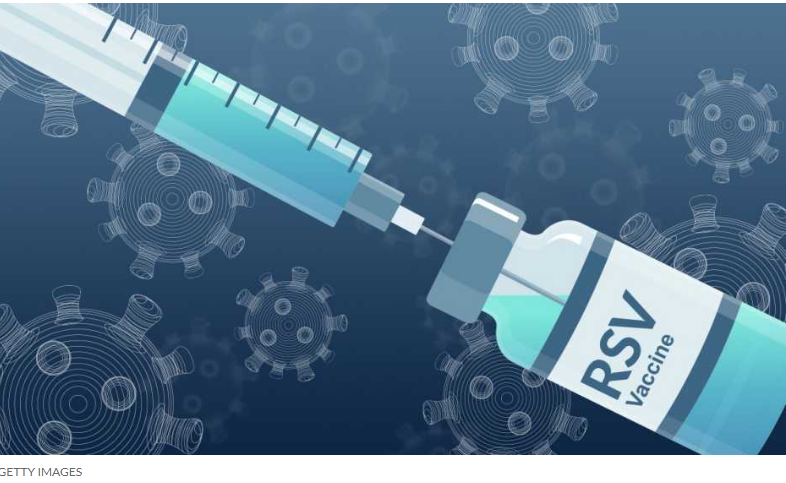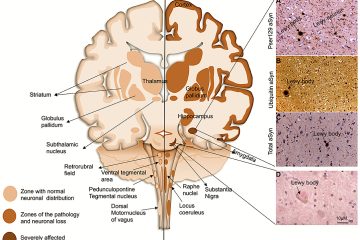Recent Developments in RSV Vaccine Research

Understanding RSV and Its Impact
Respiratory Syncytial Virus (RSV) is a common respiratory virus that can cause severe illness, particularly in infants, young children, and older adults. Globally, RSV leads to approximately 3 million hospital visits annually among children under five years old, emphasizing the urgent need for effective prevention strategies. As cases of RSV fluctuate with seasonal outbreaks, the focus on developing an effective vaccine has intensified.
Recent Advancements in Vaccine Research
In recent months, several pharmaceutical companies have made significant strides in the development of RSV vaccines. Notably, Pfizer and GSK (GlaxoSmithKline) have both reported promising results from their clinical trials. In May 2023, Pfizer received approval from the U.S. Food and Drug Administration (FDA) for its RSV vaccine for pregnant women, which aims to confer immunity to newborns through maternal vaccination.
GSK’s RSV vaccine also completed its late-stage trials, demonstrating strong efficacy in preventing RSV-related lower respiratory tract infections in infants. According to GSK, their vaccine showed an overall efficacy rate of around 82% in infants during the first six months of life.
What This Means for Public Health
The introduction of RSV vaccines stands to make a transformative impact on public health, particularly for at-risk populations. Given that hospitalisation rates for RSV can peak during the winter months, vaccination could significantly decrease the burden on healthcare systems. Experts suggest that widespread vaccination could lead to reductions in both hospital admissions and healthcare costs associated with RSV infections.
Looking Ahead
The RSV vaccine landscape is still evolving, and ongoing research is vital for ensuring the vaccine’s safety and efficacy across diverse populations. With additional trials underway to monitor long-term effects and response in adults and the high-risk elderly community, the next few years are crucial for determining how widely the RSV vaccine can be implemented. As healthcare systems prepare for another annual RSV season, the advancements in vaccine development encourage hope for effective prevention strategies that could save lives.
Conclusion
In conclusion, the ongoing developments in RSV vaccines highlight a significant milestone in the battle against respiratory infections. The implications of these advancements extend beyond just reducing illness; they represent a commitment to safeguarding the health and wellbeing of vulnerable populations. As we await further results and broader vaccine distribution, the medical community remains optimistic about the potential for RSV vaccines to transform public health practice.




